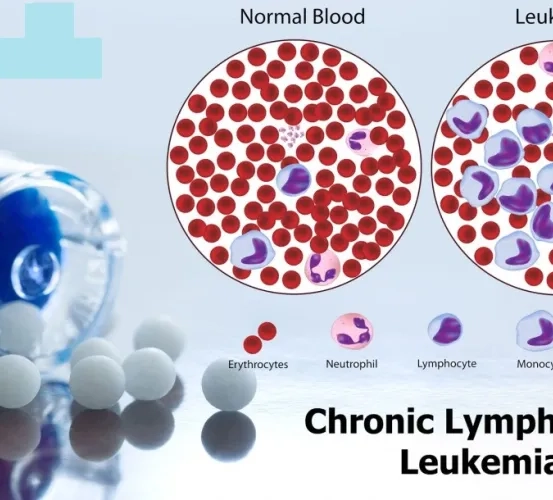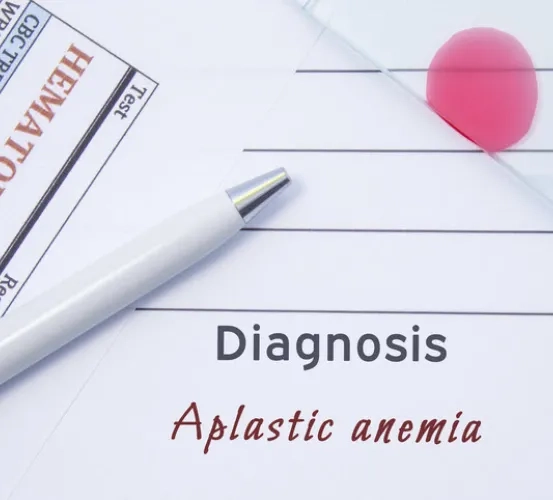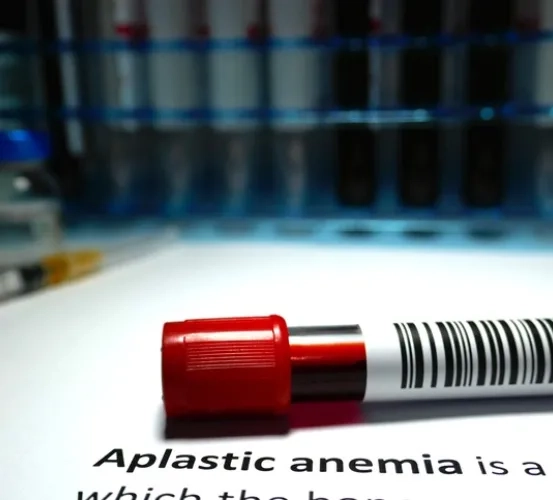
Pilot Study for Geospatial Analysis of Neighborhood Environmental Stress in Relation to Biological Markers of Cardiovascular Health and Health Behaviors in Women

Early Clonal Dynamics During Venetoclax Treatment for Chronic Lymphocytic Leukemia (CLL)

Genotype -Phenotype Correlation of PKLR Variants with Pyruvate Kinase, 2,3-Diphosphglycerate and ATP Activities in Red Blood Cells of Patients with Sickle Cell Disease

Eltrombopag for People With Fanconi Anemia
Fanconi anemia is a rare genetic disorder that mostly affects children and often leads to bone marrow failure. Researchers at the National Institutes of Health (NIH) are investigating a new drug to improve blood counts in individuals diagnosed with Fanconi anemia. Eltrombopag is an oral drug that mimics a special protein that causes the body to make more platelets. Currently eltrombopag is used to treat low platelet counts in patients with hepatitis C and chronic immune thrombocytopenic purpura (ITP). Researchers are evaluating if this new drug will improve blood cell counts in individuals diagnosed with Fanconi anemia.

Unrelated Umbilical Cord Blood Transplantation for Severe Aplastic Anemia and Hypo-plastic MDS using CordIn(TM), Umbilical Cord Blood-Derived Ex Vivo Expanded Stem and Progenitor Cells to Expedite Engraftment and Improve Transplant Outcome
Treatment of severe aplastic anemia (SAA) and myelodysplastic syndrome (MDS) usually involves a bone marrow transplant. Researchers at the National Institutes of Health (NIH) are testing ways to make transplant using unrelated donor cells from umbilical cord blood safer and more effective. We hope these procedures will reduce post-transplant complications and improve transplant outcomes.

A Randomized Trial of Sirolimus (Rapamune(R)) for Relapse Prevention in Patients with Severe Aplastic Anemia Responsive to Immunosuppressive Therapy

Impact of Elastin Mediated Vascular Stiffness on End Organs
The National Institutes of Health (NIH) seeks healthy volunteers for a study about blood vessel stiffness. In this study, healthy volunteers will be compared with patients with rare genetic conditions that affect the blood vessels. All study-related procedures are provided at no cost and compensation is provided.

Impact of Elastin Mediated Vascular Stiffness on End Organs
Researchers at the National Institutes of Health (NIH) seek patients with Williams Syndrome (WS) or Supravalvular Aortic Stenosis (SVAS) to join a research study. Researchers want to see how blood vessel elasticity and stiffness affect the heart, gut, kidneys, and the brain in people with Williams Syndrome.


